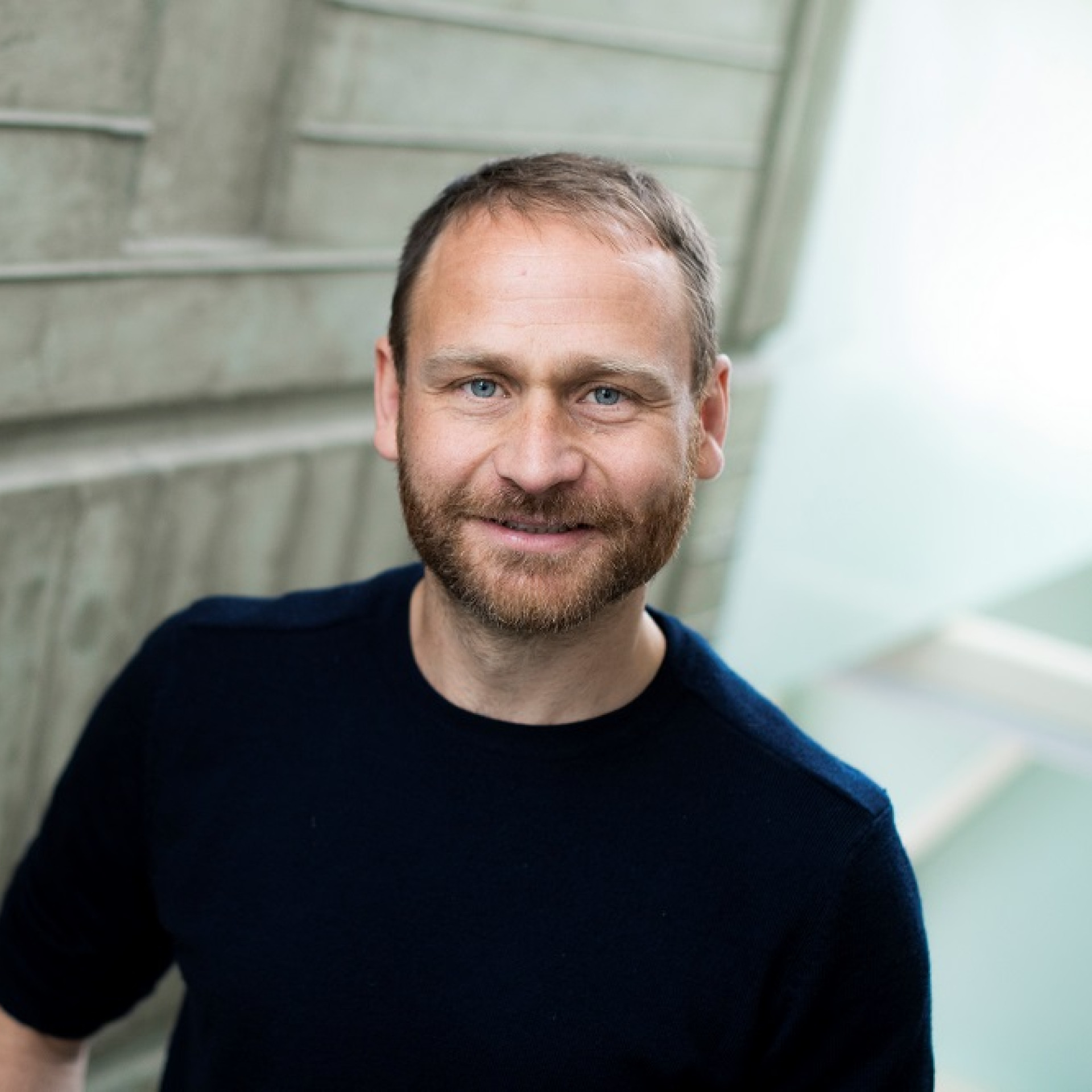Using nanotechnology to make everyday material smarter
I am a Senior Research Scientist specialising in Applied Technologies with a focus on MicroSystems and Polymers. My research adds value to materials used in the Health and Cleantech sectors using nanotechnology to functionalise them. We create new composites with unique properties tailored for specific applications.
Chemistry has always been my passion, it’s almost a form of magic. It empowers me to explore and create extraordinary things. Every time I step into the lab, there is an opportunity to discover something new and exciting. I’m extremely fortunate to be paid to pursue my passion. Over the years I have contributed to commercial projects that initially seemed unrelated to my expertise. However, within our multidisciplinary team of scientists and engineers remarkable achievements are possible, and continuous learning becomes a shared journey.
As a KiwiNet Emerging Innovator, I am committed to pushing the boundaries of scientific exploration and driving advancements in the field. Nature is my greatest inspiration. It is the ultimate innovator, constantly adapting and finding novel ways to thrive amidst change. I firmly believe that we have much to learn from nature and biomimicry and thus provide solutions to some of the world’s most pressing challenges. My goal is to emulate nature's efficiency and sustainability.
One of the intriguing phenomena I explore is the interaction between nanoscale objects and light, leading to extraordinary optical effects. Depending on the material type, size, and shape of nanostructures, diverse light interactions can occur. For instance, some semiconductors at nanoscale generate vibrant glowing colours when exposed to UV-light. They absorb the invisible UV-light and then emit light in brighter colours. Other nanoscale materials have the ability to amplify and scatter certain wavelengths of light, resulting in ‘structural colours’. This unique effect makes it possible to see objects in different colours depending on the viewing angle. Nature's examples, such as feathers and butterfly wings, inspire me to recreate these effects in the laboratory.
